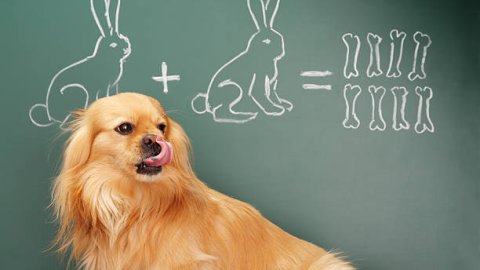BlackShip Capital is a quantitative hedge fund specializing in developing innovative and sophisticated trading strategies across global markets. We leverage cutting-edge technology, data analysis, and financial modeling to create algorithms that drive superior investment performance. Our team is passionate about pushing the boundaries of quantitative finance, fostering an environment of creativity and collaboration.
Free cookie or a fresh fruit?
Sign up for Teya, our exclusive rewards app, and instantly receive 500 bonus points. Use your points to claim a free cookie or fruit, or save them for bigger rewards like salads, jacket potatoes, or homemade baguettes. Plus, when you refer a friend, both of you get a free hot drink.
Meet other DPhils in a relaxed environment for a coffee and a chat. No booking needed.
The sessions aim to provide a space for DPhil students to meet others informally over the summer vacation, to discuss shared experiences of undertaking a DPhil at Oxford, and to help the University Counselling Service for DPhil students, by identifying common themes and topics for a series of potential term time workshops.
Join us at Oxford Botanic Garden for a relaxing guided tour with Wellbeing Outreach Officer, Dr Rodger Caseby and Education Officer, Dr Lauren Baker.
Journey through the garden's 400 year long history, learning about its original role as a medicinal garden and its transition through to modern day, with a seasonal focus on the Merton Borders. Bring your University card for free Garden entry – we look forward to seeing you soon.



